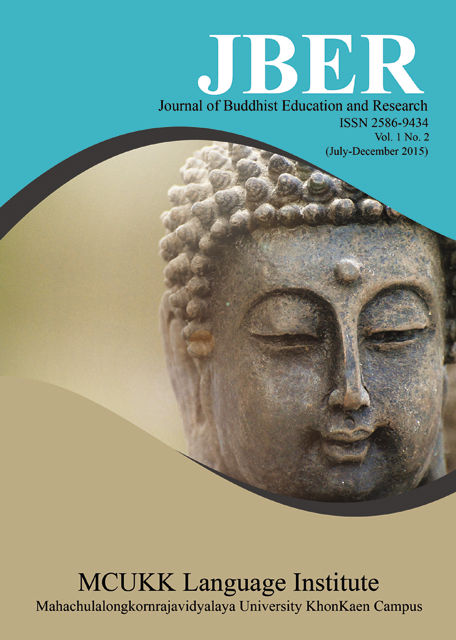People Perception And Gratification In The State Of Digital Tv Transition At Chiang Khwan District, Roi Et Province,Thailand.
Keywords:
Analog Tv., Digital Tv, People PerceptionAbstract
The purposes of this research were 1) to study people perception of digital TV at ChiangKhwan district, Roi Et province and 2) to study people gratification in the state of digital TV transition at Chiang Khwandistrict, Roi Et province. The quantitative data were analyzed by using 1,373 research samples selected from the population of Chiang Khwandistrict, RoiEt province, who have television receiver. Statistical software program is the tool used in this research to analyze the frequency, percentage, average and standard deviation.
The results of research showed the perception of people as follows; 1,172 people (85.36%) did not know about termination of analog transmission. 694 people (50.55%) knew that set-top box of digital TV can be installed with the old television. And 848 people (61.76%) did not know about watching digital TV via set-top box or receiving digital TV antennas without any charges.
As for the result of people gratification of digital TV were as follows; 484 people (35.25%) had the high gratification level of clear picture and better sound. 473 people (34.45%) had the high gratification level of digital signals covering all areas.





